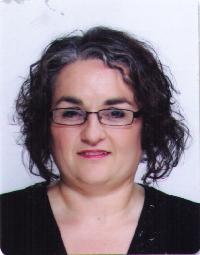Sara Occhipinti Villar wrote:
Dear Gillian,
I've done the European Masters at Westminster (London), so I'll try to sum up the main points.
At least in London you should have an A-C-C combination if you're native English, that means, in your case English-German-French(?).That's the minimum, since you'll find people with A-C-C-C...
The point is that C languages have to be strong enough to be able to do consecutive and simultaneous interpreting. That means, you have to understand them almost perfectly. In fact, they train you on techniques in interpreting, taking for granted that you know your languages perfectly and therefore, your doubts about meaning and words are very rare...
The entry exam evaluates your knowledge and understanding of your C languages, your memory and concentration capacity, your ability to catch the meaning of messages and summarize them, your ability to express yourself in your mother tongue. First, you do written translations from your C languages into your mother tongue. Afterwards comes the oral exam, when they read out a speech (4-5 min) in each one of your C languages and, withouth taking notes, you have to explain it in your mother tongue. You also have to undergo a written exam which evaluates your general knowledge (it's about current affairs, EU, NATO, etc.)
So, first be sure you have all the C languages you need, and then try it: the interpreting world is a marvellous one!
Good luck, and let me know if you need more advise.
Cheers,
Sara






